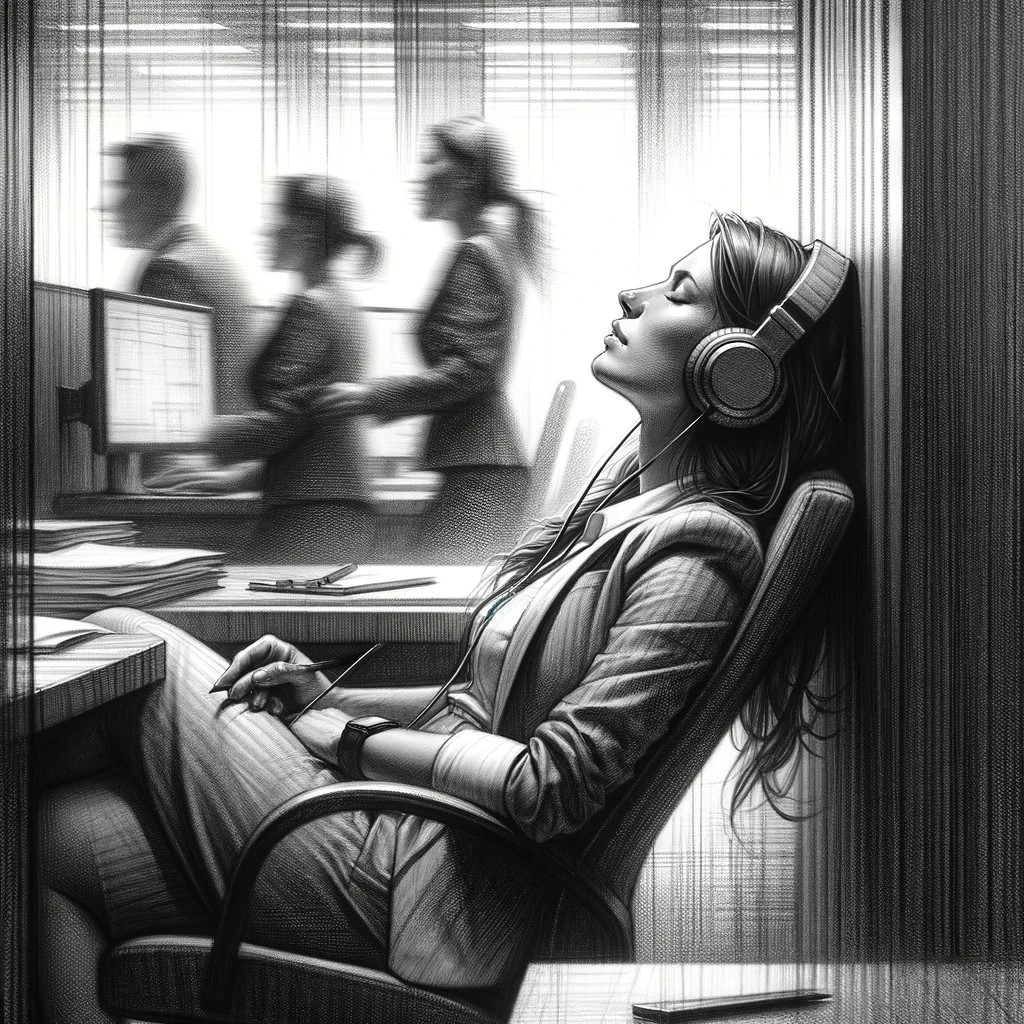For some reason, this is an evergreen topic in Malaysian practice.
Those who pose this question often think they discovered some great irreconcilable schism in legal practice between the two.
Those who ask this question often leave the impression that if legal practice is a business, then lawyers may do whatever they need to do to earn a fee. However, if legal practice is a profession, then lawyers are severely restricted in how they earn a fee. The implied assertion also is if legal practice is a business, we can ‘make money’ but if we conduct legal practice as a profession, then we cannot ‘make money’.
I think those that pose such a question about legal practice commit the ‘either/or’ fallacy. It also betrays their ignorance about the purpose of legal practice.
Firstly, legal practice is both – it is a profession and it is a business. It does not have to be one or the other. The question is which takes priority. The answer to that is simple too – we are a profession first, and a business second. After all, Malaysian lawyers are regulated by the Legal Profession Act 1976, and there is no such thing as the Legal Business Act 1976.
Secondly, we are a legal profession because we earn a living by providing legal services such as legal advice, legal representation, preparing legal documents, etc. As a profession, we earn from our abilities, knowledge and skills about the law, not from anything else. Legal practice is not about providing any type of service; it is only providing legal services.
Legal practice is not a business in that if the business of providing legal services is slow, we bump up our revenue by starting a slot machine counter in our office or have our lawyers perform massage or foot reflex services to our clients to earn money, for example. We cannot just start offering non-legal services from our firm simply to earn money. We cannot perform just any service on account of money.
Thirdly, legal practice is a profession because we are bound by the ethics and statutory duties of our profession. We have to abide by the legal code of conduct found in the Legal Profession (Etiquette and Rules) 1978 (‘LPER’) and other Bar Council Rulings on the dos and don’ts of legal practice.
For example, rule 4 LPER provides that an advocate and solicitor must not accept a case he knows or believes that his own professional conduct is likely to be called into question. That is an ethical rule of our profession. We cannot say, because business at the firm is bad so now rule 4 LPER can be ignored.
Another one. Rule 15 LPER provides an advocate and solicitor shall maintain a respectful attitude towards the Court. Business considerations do not and cannot overrule this duty. Just because a client pays us some sick amount of money or business is so bad at the firm that we are in financial straits, it does not mean we can now adopt a disrespectful attitude towards the Court.
Last one. Section 126 of the Evidence Act 1950 imposes a general duty of confidentiality over communications between a lawyer and his client. Just because our firm’s business is suffering, that is not a reason for us to now start disclosing clients’ communications to any interested party for a fee. We cannot monetize information given to us by a client.
So legal practice is a profession first and a business second because business considerations have no effect whatsoever on our professional duties, ethics and obligations. It is a profession first because we can only make money through legal practice, and through legal practice in an ethical way. We are not a profession that may descend into doing anything for money. If we do, then disciplinary proceedings can be taken against us. That is not the case if one were a businessman.
Legal practice is not a business first because businessmen, unlike lawyers, are not bound by any formal or legal code of conduct. There are restraints on what lawyers can do and how they go about their work.
Fourthly, legal practice is not a business first because the provision of legal services is not about profit maximization. The fees a lawyer can charge are constrained by law.
For non-contentious matters, transactions such as the sale and purchase of property are regulated by the Solicitors Remuneration Order 2005. For contentious matters, rule 11 of the LPER provides eight considerations a lawyer must take into account in estimating his fee, such as the time, labour and skill required of the lawyer, the novelty and difficulty of the case, the value of the claim, the benefit to the client receives from the service, the seniority or specialty of the lawyer, and other factors.
So lawyers cannot charge whatever they like. They are only entitled to a reasonable fee for their services. If a client feels the fees charged are unreasonable they can challenge it under the Legal Profession Act 1976. This is unlike a business, where a businessman can charge whatever they can get away with. There are no etiquette rules to comply with in arriving at their selling price.
Fifthly, although legal practice itself is not a business per se, there is a business dimension to legal practice that cannot be ignored. That business element relates to ensuring that fees are collected timeously, managing the cash flow to ensure there are sufficient funds available to settle payroll, creditors, statutory contributions, investing in the firm and its people, and the like.
While the business element is important to ensure the continuity of the legal practice, the business element itself is not the purpose of legal practice. At best, it plays a supportive role to the primary role, which is the ethical provision of legal services. That is the predominant purpose of legal practice.
The treatment of the legal profession as a business has resulted in the moral and ethical degradation of legal practice. When lawyers think it more important to earn a big fee by lying, cheating, bribing, being unethical than it is to earn a reasonable one by providing genuine legal services, the practice of law does not simply become a business, it becomes a moral cesspool. It might not start that way, but that’s how it will end.
Legal practice is a profession with a business dimension, as is the case with all professions. Whilst the business element is important to manage, it is not the predominant purpose of legal practice.
A lawyer who thinks legal practice is primarily a business first instead of a profession should get out of legal practice. They should go into business. They are likelier to make far more money as a business person than they ever would as a lawyer. There are fewer constraints on how they go about earning their profit. There are no ethical rules to follow. They can sell whatever they like in whatever way they like. They can be unscrupulous as they can.
F. Scott Fitzgerald once wrote, The test of a first-rate intelligence is the ability to hold two opposed ideas in the mind at the same time, and still retain the ability to function. That is how a lawyer has to think about legal practice – it is both a profession and a business that have conflicting drives – and yet retain the ability to function without letting the latter overwhelm the former.
That, I suppose, could be the test of a first-rate lawyer.
Related Posts
- Making choices
When deciding something critical, project myself to the distant future then look back at this…
- The Occult in Legal Practice | From the Atelier
From the Atelier Because I liked Hanis Nadzir's dramatic movie posters style, I thought she…
- Dealing with Others
Remember we are all human beings going through own own trajectory in life, at a…
- ‘Forget about clients' money'
That was my father's first piece of advice for me after I started practice. He…
- The Legal Savants and The Uninclined
I have come to the view that there is a spectrum of people in legal…







